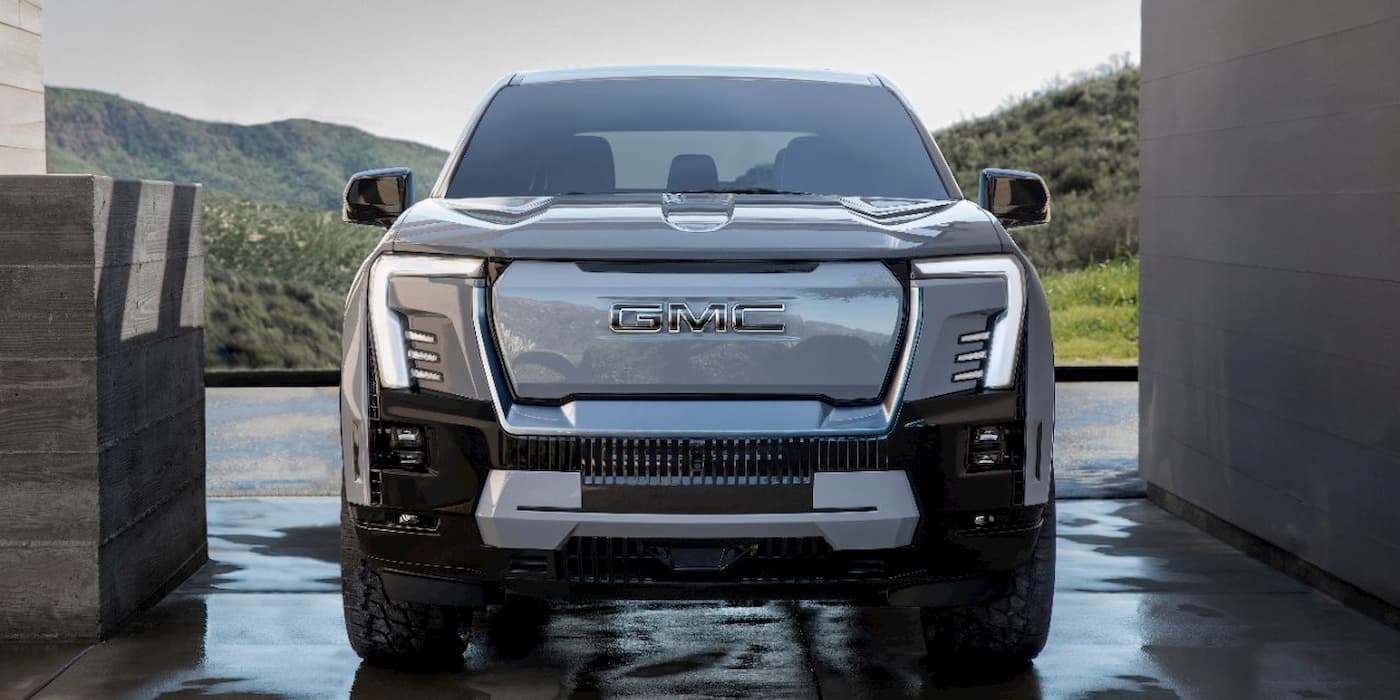ChatGMC? General Motors planning ChatGPT-based virtual assistant for future EVs

Imagine having a ChatGPT-powered virtual personal assistant in your electric vehicle that could act as the brains behind the car. Well, GM is looking to make it a reality in its future EVs as part of an expanding collaboration with Microsoft, which made a multi-billion dollar investment in the AI chatbot’s developer OpenAI earlier this year.
The post ChatGMC? General Motors planning ChatGPT-based virtual assistant for future EVs appeared first on Electrek.
Imagine having a ChatGPT-powered virtual personal assistant in your electric vehicle that could act as the brains behind the car. Well, GM is looking to make it a reality in its future EVs as part of an expanding collaboration with Microsoft, which made a multi-billion dollar investment in the AI chatbot’s developer OpenAI earlier this year.
GM wants to introduce a ChatGPT-like assistant for its EVs
You heard that right, your daily commute may not be so lonely with a ChatGPT-powered virtual assistant to accompany you on your every move.
Microsoft CEO Satya Nadella said its partnership with OpenAI, a nonprofit AI research company that Elon Musk helped launch (though he has since left the board), will “advance cutting edge AI research and democratize AI as a new technology platform” while opening up new user experiences.
OpenAI is deployed on Microsoft’s Azure cloud service powering popular AI products such as ChatGPT, gitHub Copilot, and DALL·E 2.
According to a new report from Semafor, the technology could be coming to future GM EVs. People familiar with the product claim GM is developing a virtual personal assistant using the AI models behind the popular ChatGPT chatbot.
Most cars on the road today have a simple voice command feature where you can tell it to call someone or perhaps even change the climate controls. But GM is planning something much more advanced.
GM’s vice president of software-defined vehicle and operating systems, Scott Miller, confirmed the automaker is working on an AI assistant, saying it would be more capable than what’s out today.
For example, if a light popped up on the dash, you could ask the virtual assistant what it means and get a readout based on its own diagnostics to let you know if it needs immediate attention.
The technology is made possible through new learning models that can pull from massive data sets. GM will add another layer to design the assistant with more car-specific functions than ChatGPT.
General Motors has an advantage with the promising AI tech as it has worked with Microsoft on digital technology for GM Cruise, its autonomous vehicle company, for several years now.
Electrek’s Take
Although a virtual assistant for vehicles has been in focus for tech companies for what seems like forever now, the abilities are finally emerging.
EVs are allowing for a more digital, connected world while improving the driving experience. Technology like this seems like a no-brainer at this point.
One of the most significant advantages of a ChatGPT-like virtual assistant in EVs is that it can help keep the drivers on the road and off their smartphones. Over 8% of all car crash fatalities and 14% of injury crashes in 2020 were due to distracted driving, claiming over 3,000 lives.
A ChatGPT-like virtual assistant in EVs won’t prevent all distracted driving accidents, but it would surely help limit them if you could simply ask it whatever you would like and get a response.
FTC: We use income earning auto affiliate links. More.


